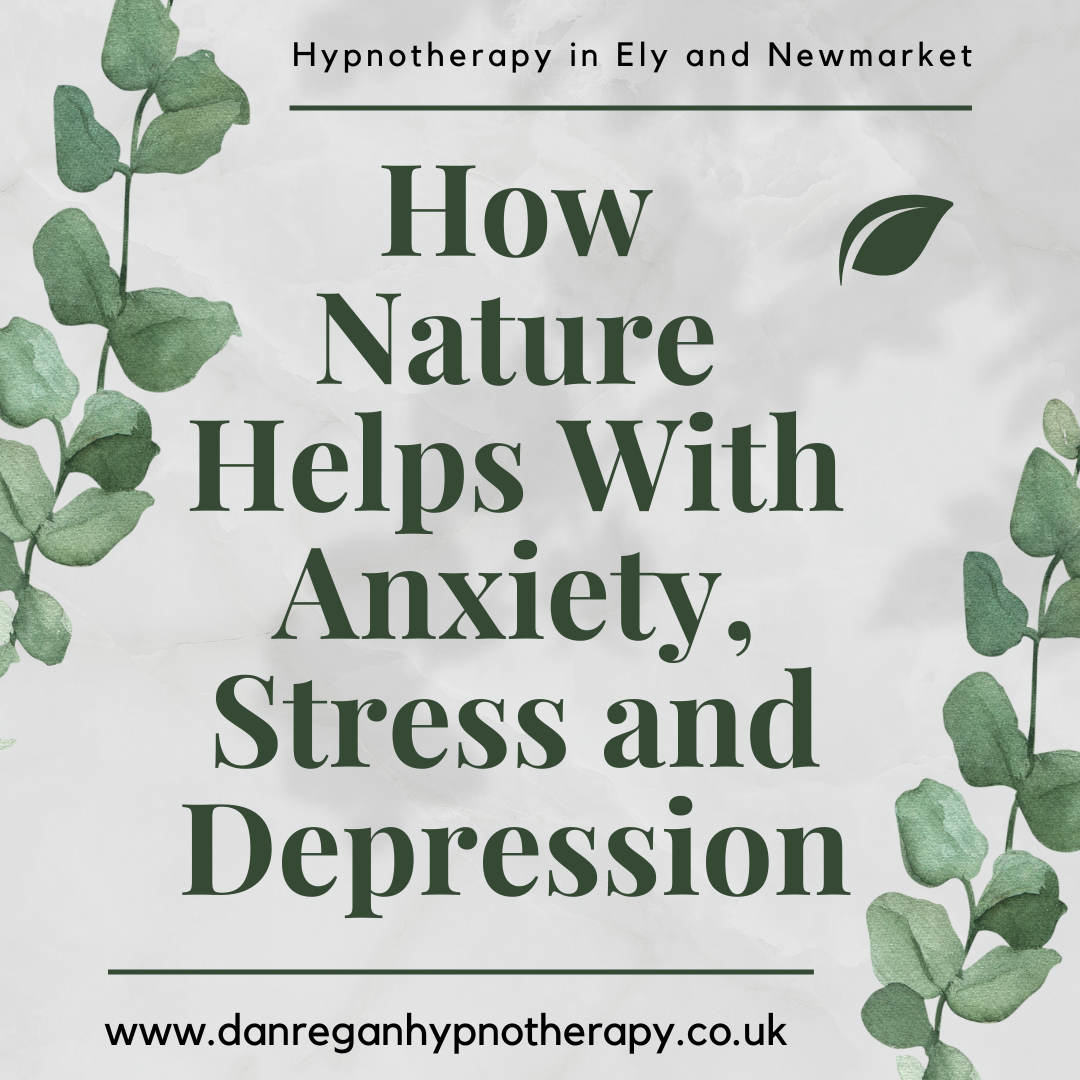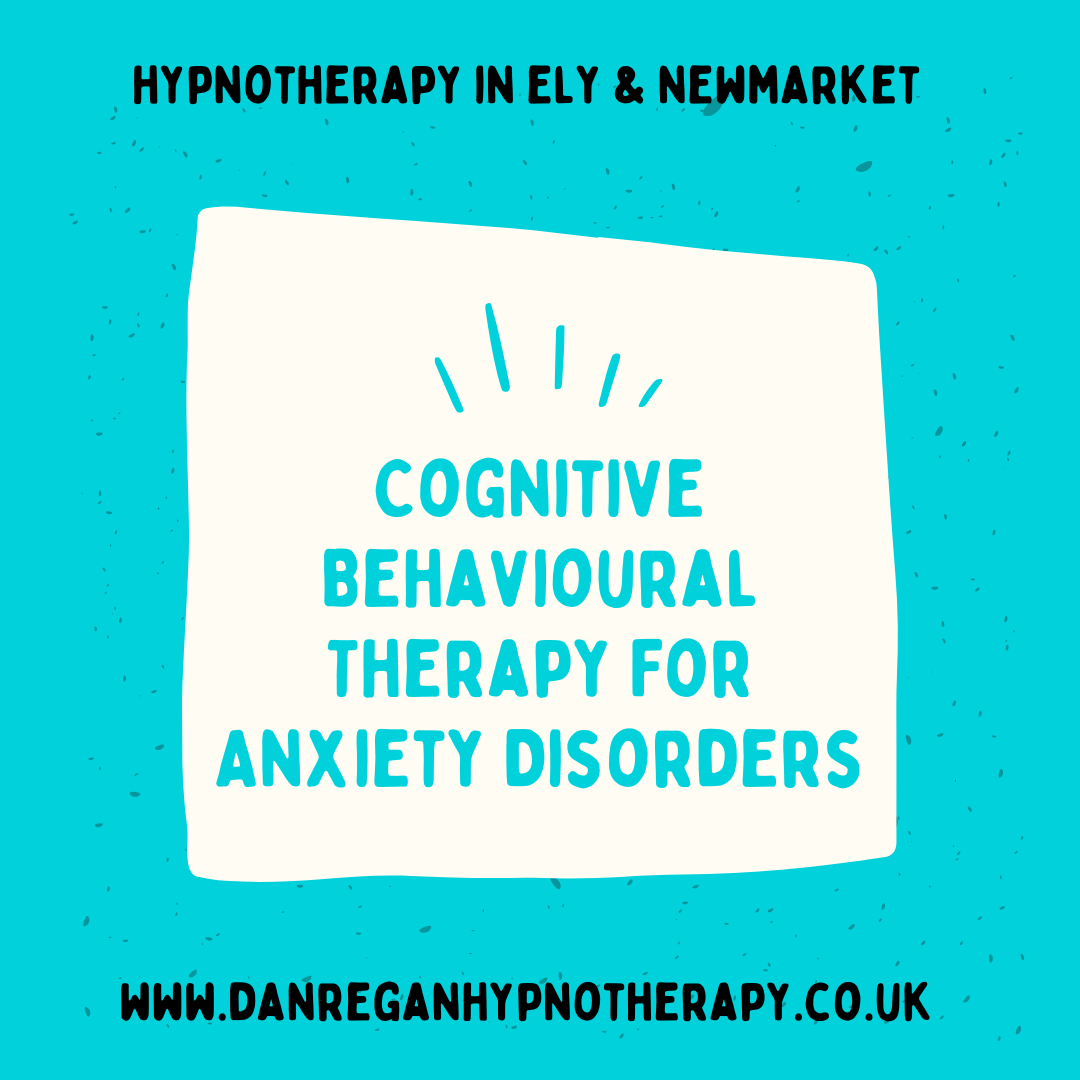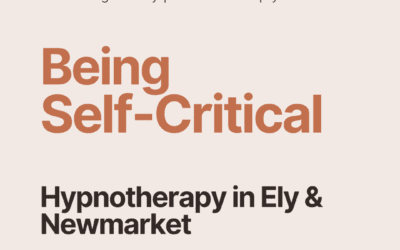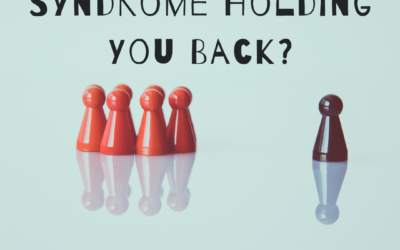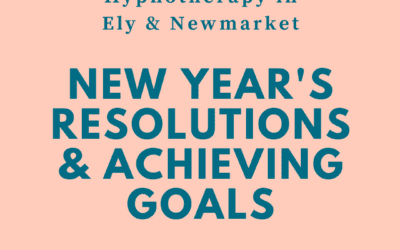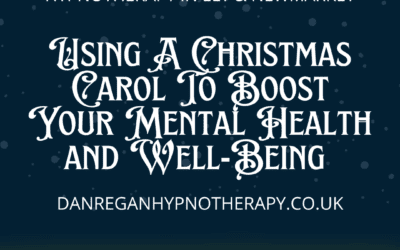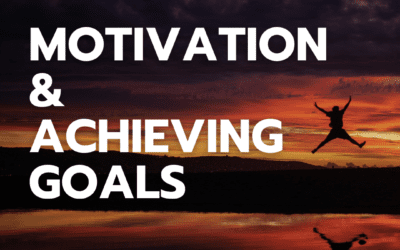Required
How Nature Helps With Anxiety, Stress and Depression – Hypnotherapy in Ely and Newmarket
How Nature Helps With Anxiety, Stress and Depression – Hypnotherapy in Ely and Newmarket
I don’t know about you and your family, but we quite like to watch Richard Osman’s House of Games on TV together. I really like some of the rounds and the way they are put together, and it’s one of those shows that, no matter what your age, you can join in with and play along at home. Only no shouting out the answer please because that just leads to arguments!
The other day, after a particularly engaging play along at home episode, a show came on the TV which was all about groups of strangers getting together and hiking in areas around the country. In the show, five walkers compete against each other with their favourite walks to win a voucher or something at the end of the week. It’s like a strange hiking based reality competition show.
As the show aired, we were shown some absolutely fabulous areas of nature in Yorkshire, and we became particularly interested when they walked in and around Robin Hood’s Bay, a place we’ve visited on many occasions and which we always enjoy going to when we are in that part of the world. They showed some areas nearby that we’ve never explored, or even been aware of, on our previous visits.
Now the reason I mention this is not because I now work for the Yorkshire tourist board, but more because of some of the comments made by the walkers about their love of hiking and what got them into it, along with what they continue to get from their endeavours.
Several of the hikers mentioned how walking, and particularly walking in nature, had helped them with their mental health. From overcoming fears to anxiety and lowness, they had found a method and a passion that helped them. Part of this may have been having a sense of purpose and part of it may have been from being in an environment where it can be a bit easier to discuss mental health issues safely. Yet certainly a large aspect of the mental health boost they talked about came from getting out and spending time in nature.
Now, if you are an avid follower of my articles here on my website then this perhaps wasn’t really news to you. Research upon research has shown that spending time in nature and walking in nature can have immensely positive impacts upon anxiety, stress, depression and your mental health and well-being.

